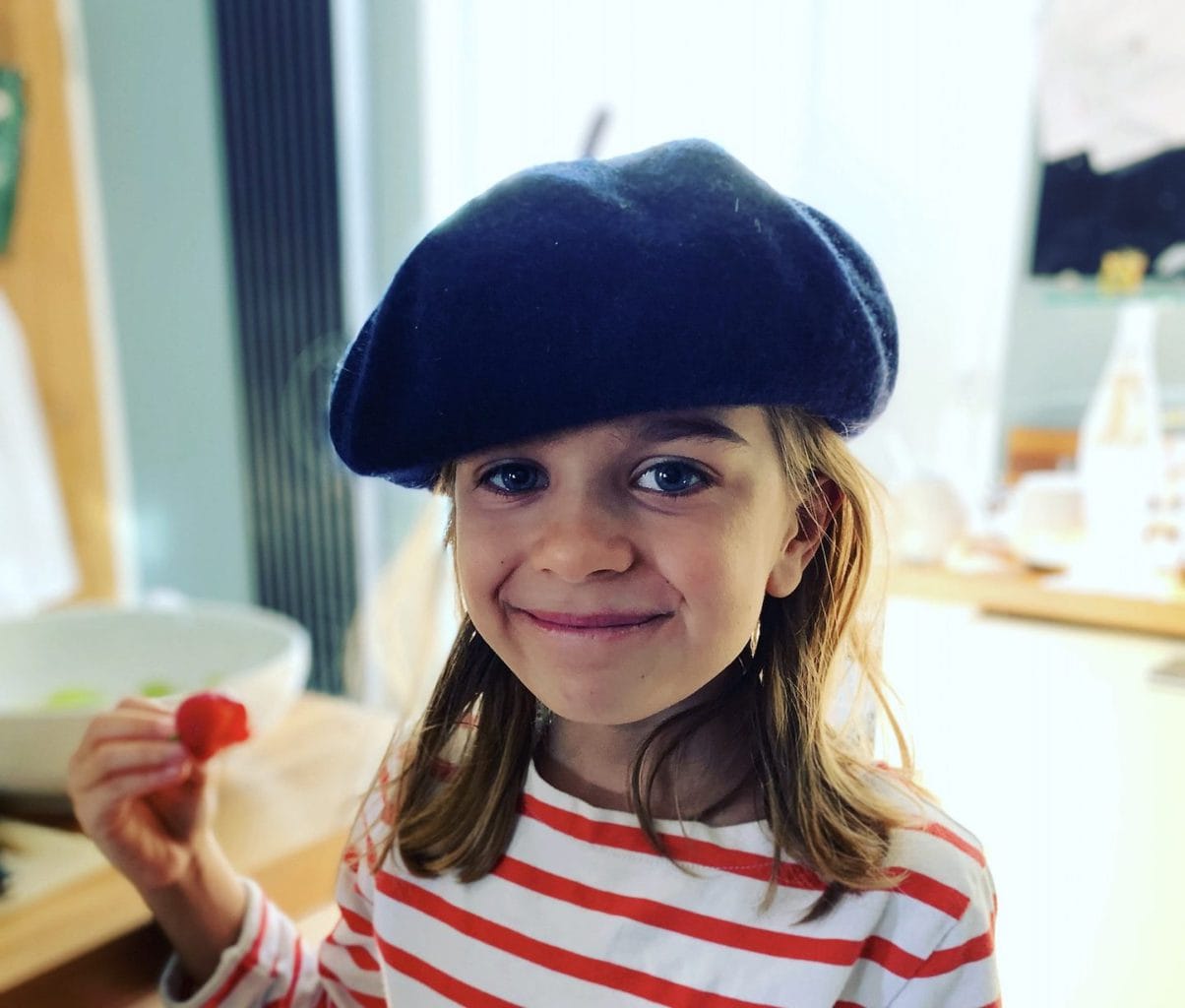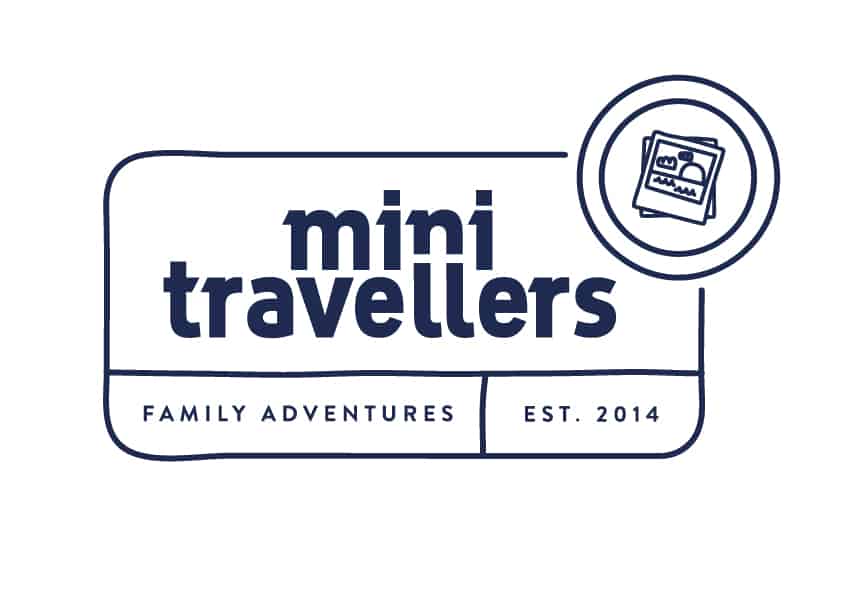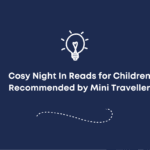AD | I have been or could be if you click on a link in this post compensated via a cash payment, gift or something else of value for writing this post. See our full disclosure policy and privacy policy for more details.
One of the things I love most about travelling with my kids is exploring new foods. It is a brilliant way to expand our palates, and somehow things always sound more appealing in another language.
We do loads of camping and my highlights always seem to revolve around trips to markets, supermarkets and local cafes. So much beautiful, fresh produce. One of my favourite places to pitch up is a small independent campsite in Brittany, Milin Kerh. Each week during the high season all the campers come together for a low-key communal barbecue night hosted by the family owners and eat by the side of the gentle stream under twinkling fairy lights. Each week the menu would change, and my picky youngest daughter would somehow get swept up with other children and eat whatever awesome French delights were being served without question or complaint.

However, not all of the families we travel with have that luxury. We have friends with kids who have well documented allergies. Extreme allergies. This makes all of their meal planning a serious business and I know they have welcomed changes in law in the UK that ensure restaurants highlight 14 key allergens in their food. But add in the challenge of travel, language barriers and different legislation and this can be a daily game of Russian Roulette.
For many of us, in reality, we can be unsure about what allergies we have, and our kids have. 1 in 6 teenagers have an allergy, 1 in 10 children have an allergy.* That is a proportionally significant number. There are lots of blurred lines around food intolerance – and for sure snobbery in both directions between the believers and non-believers. We may have suspicions of the things that make our kids less well, but we also know that our health service is under massive strain, and you really don’t want to bother your GP right now unless something has gone green and fallen off. We of course rely on Doctor Google to inform our thinking. And there are some great sources of reliable information out there such as Klarify Me. My nephew is generally much “well-er” without lactose. We know this through trial and error. Is it conclusive? No. Is he better without it? Yes.
When we add travel into the mix, this can all get more complex. We manage pollen allergies in our own homes and cars by cleaning out filters – hotels and rental cars can be a bit different. We might wet dust daily and have high tech hoovers if we need to. We make a choice about whether we have pets. We can read the labels on anti-allergy medications. On holiday, this can add a significant pressure.
As always, prepping ahead and making informed plans can help reduce this stress. It can be worth running your child’s symptoms through an allergy checker. There are lots of quizzes on the internet so make sure you trust the source of information. You could try this one here.
If you think your child has allergy symptoms, you may want to invest in an At Home Allergy testing service, such as this one from Klarify Me a home to lab test which checks for 294 allergens that your body may react to. Completing a test takes less than 30 minutes and is a useful way to get some further clarity and comfort.
Talk to your doctor too. Of course, it isn’t possible to diagnose through an online questionnaire and no one single source is conclusive, but completing a quiz and an at home test can help you organise your thoughts so you share the right information with your GP in the limited time you have together.
Holidays are precious, if this helps you to feel relaxed and enjoy your break, it is well worth it.
1 - Join our Reviews and Recommendations Facebook Group here which includes lots of ideas for things to do - you can post your own recommendations too.
2 - Buy our debut novel for boys and girls ages 7-11 The Little Museum (an exciting adventure set in France)
3 - Click here to leave Mini Travellers a Google Review.
4 - Share this post with your friends
5 - Follow Mini Travellers on the following platforms :
Thank you for your support as always.








